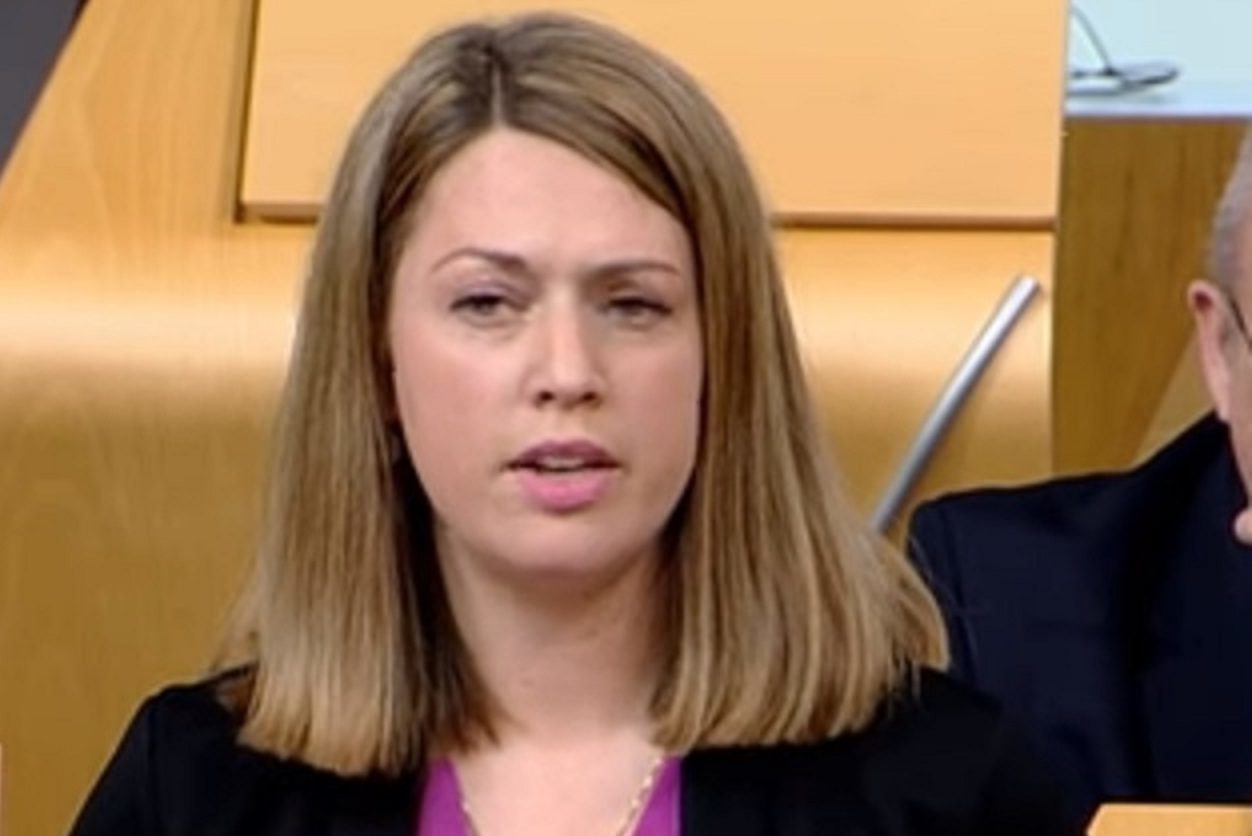Fifers have lost more than £63 million on gambling machines in less than a decade, shock figures have revealed.
In 2015/16 alone, people in the region spent £9m on fixed-odds betting terminals (FOBTs) — known as the crack cocaine of gambling — and more than £1 billion has been lost across Scotland since 2008.
The revelation by the Campaign for Fairer Gambling has prompted renewed calls for the UK Government to tackle what has been branded a scourge on local communities.
Mid Fife and Glenrothes MSP Jenny Gilruth said legislation should be introduced to limit the number of terminals in betting shops.
She has also called for limits on the stakes that can be bet, a cut on the time that can be spent on machines and action to ban the machines altogether if people continue to lose out.
“These are incredibly concerning figures and show that the Tory Government cannot continue to ignore this issue that is having such a negative impact on our communities,” she said.
“People across Fife have lost out to the tune of over £63 million since 2008 and over £9 million in 2015/16 alone.
“This is a huge problem and the UK Government need to get serious about tackling it.”
Ms Gilruth added: “FOBTs are so addictive they’re known as the crack cocaine of gambling and it is no wonder given how much people have lost out from using these toxic machines.”
While there is increasing concern over the cost of the machines, the industry insists there is no evidence for critics’ claims.
The UK Government has come under increasing pressure to tackle the issue, particularly in the wake of recent research which found problem gamblers place up to 90 bets a day, including in the middle of the night.
More than two million people in Britain are classed as risk gamblers.
The Campaign for Fairer Gambling wants to reduce the number of machines allowed in betting shops from four to one, reduce the maximum stake from £100 to £2, remove table games such as roulette and blackjack from machines and reduce the spin frequency.
The terminals bring in more than £400m in tax revenues for the Government, although a review into their use by the Department of Culture, Media and Sport is ongoing.
